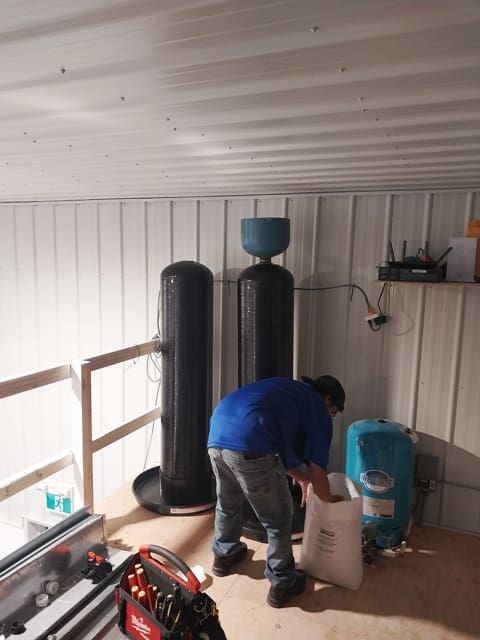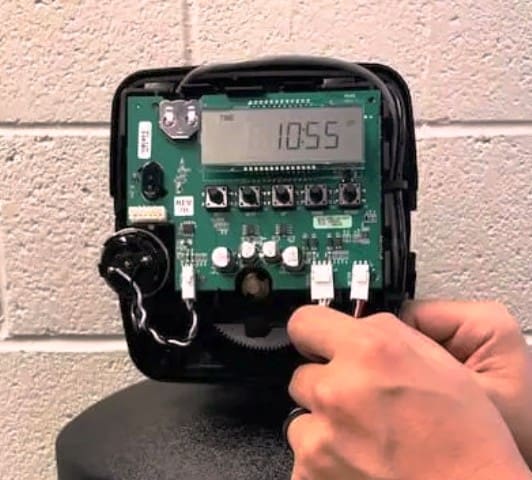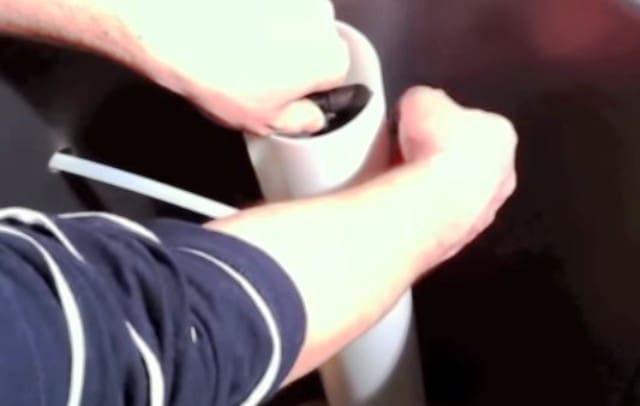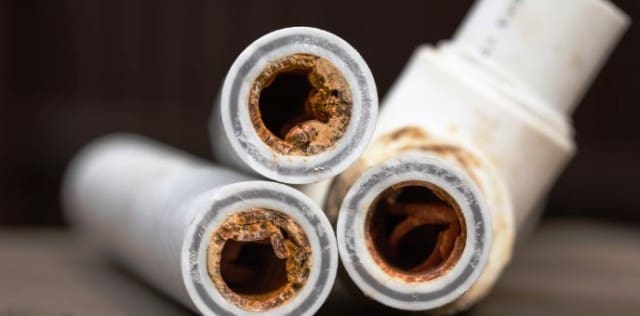
When you talk about water softener service and repair Winnipeg you can count on Affordable Water Treatments to meet your needs. We can usually fix just about any water system providing we can get parts, and it is still supported by the manufacture. Service is a series of planned or routine activities performed on a product or system to ensure its efficient, safe and reliable operation. These measures are often proactive and preventative in nature.
Repair refers to the process of repairing or restoring a product or water system that has failed, been damaged, or is not functioning properly. Repairs are generally reactive and are carried out when a problem occurs.

Purpose of “Water Softener Service and Repair”
The main goal of water softener service and repair is to ensure the water softener system operates efficiently and effectively. Water softeners are used to remove minerals such as calcium and magnesium from hard water, which can cause scale and other problems in plumbing, appliances and fixtures. Here are the main reasons for water softener maintenance and repair:
Maintain water quality:
Regular maintenance helps ensure that the water softener effectively removes hard minerals from the water supply. When a water softener is not working properly, it can leak these minerals, leading to hard water problems.
Prevent scaling:
Hard water can cause mineral deposits (scale) to build up in pipes, water heaters, and appliances. Maintaining your water softener helps prevent scale buildup and prolongs the life of these components.
Maximize efficiency:
A well-maintained water softener will operate efficiently, reducing energy and water consumption. This helps reduce utility bills and is more environmentally friendly.
Extend water system life:
Regular maintenance and repairs can extend the life of your water softener system, saving you money on replacements in the long run.
Troubleshooting:
If your water softener experiences problems such as leaks, clogs or malfunctions, timely repairs can prevent further damage and ensure that the system continues to operate efficiently.
Improve water quality:
In some cases, a faulty water softener can introduce impurities or contaminants into the water. System maintenance and repair can help maintain water quality and safety.
Warranty compliance:
Many water softeners come with warranties that require regular maintenance and servicing to remain valid. Skipping maintenance may void the warranty.
Regular maintenance can include tasks such as replacing resin tanks, inspecting and cleaning brine tanks, checking valves and controls, and ensuring proper regeneration cycles. Repairs may involve fixing leaks, replacing damaged parts, or recalibrating the system for optimal performance

Benefits of water softener service and repair
Water softener service and repair offers a number of benefits to homeowners and businesses that rely on water softening systems to improve the quality of their water supply. Here are some key benefits:
Extend water system softener life:
Regular maintenance and upkeep can help extend the life of your water softener system. By solving problems quickly, you can prevent small problems from turning into major, expensive repairs or premature replacements.
Improve water quality:
A well-functioning water softener system will ensure that hard water minerals, such as calcium and magnesium, are effectively removed from your water supply. This results in better-tasting water, reduced residue in pipes and equipment, and better suds for soaps and detergents.
Energy efficiency:
A well-maintained water softener system will operate more efficiently, which can help save energy. When the system is operating optimally, it requires less salt and water to regenerate, reducing energy consumption and operating costs.
Cost savings:
Regular maintenance and timely repairs can prevent breakdowns and costly replacements. Investing in regular service can save you money in the long run by avoiding costly emergency repairs or premature system replacement.
Reduce water and salt usage:
When a water softener is properly calibrated and maintained, it can use less water and salt during regeneration. This not only saves resources but also reduces the frequency of salt refills.
Continuous water softening:
Regular maintenance ensures that your water softener always delivers softened water. Uneven water softening can lead to problems such as scale buildup, reduced equipment performance, and potential damage to plumbing fixtures.
Healthier skin and hair:
Softened water is gentler on skin and hair. It can help reduce dryness and irritation, resulting in healthier skin and hair for you and your family.
Environmental benefits:
By keeping your water softener in good working order, you will contribute to environmental sustainability. Reduced salt and water consumption leads to lower environmental impact.
Peace of mind:
Knowing that your water softener is well-maintained and operating properly will give you peace of mind. You can be confident that your water quality is consistently high and that you are taking proactive steps to protect your plumbing system and appliances.
Warranty compliance:
Many water softeners come with warranties that require regular maintenance and servicing to remain valid. Complying with these requirements ensures that you can take advantage of warranty coverage if necessary.

Risks of Neglecting Water Softener Service and Repair
Neglecting water softener maintenance and repairs can lead to various risks and problems that can affect both the water softener itself and the overall quality of your water. Here are some risks associated with failing to maintain and repair water softeners:
Reduced water softening effectiveness:
Over time, the resin beads in the water softener can become saturated with minerals such as calcium and magnesium. When this happens, the softener’s ability to remove hardness from water is reduced, allowing hard water to enter your plumbing system.
Increased energy consumption:
Poorly maintained water softeners can use more energy to regenerate and clean the resin tank. This can lead to higher utility bills and unnecessary energy waste.
Plumbing problems:
Hard water can cause scale and mineral deposits to build up in your plumbing fixtures and pipes. Over time, this can reduce water flow and even lead to blockages, which can require costly repairs or replacements.
Equipment damage:
Hard water can harm appliances like water heaters, dishwashers, and washing machines. Residue buildup can reduce the efficiency and lifespan of these devices, potentially leading to premature failure.
Poor water quality:
An overlooked water softener may not properly remove contaminants, sediment or other impurities from your water, leading to problems such as unpleasant tastes, odors and health problems.
Increase salt use:
If your water softener relies on salt for regeneration, failure to maintain it can lead to excessive salt consumption. Not only does this lead to increased operating costs, but it can also be harmful to the environment if excess salt is released into wastewater.
Expensive repairs:
Delaying necessary repairs or maintenance can lead to bigger problems over time. Addressing small problems quickly can prevent them from turning into large, expensive repairs.
No warranty:
Many water softeners come with warranties, but these warranties often require regular maintenance to remain valid. Skipping maintenance may void the warranty, leaving you responsible for any repair or replacement costs.
Water quality concerns:
Depending on the severity of the problem with your water softener, you may experience adverse effects on water quality, including rust-colored or cloudy water, which can be unsightly and potentially dangerous.
Affordable Water Services
NORTH STAR
NORTHWEST
AAA AQUA
AQUALUX
AQUAMASTER
AQUATELL
AUTOTROL
CLACK
IRON BREAKER
GOOD WATER
DURO
ECONO
ECOPURE
ECOWATER
EXALIBUR
FLECK
FONTIS
GUARDIAN
G.E.
HYDROTECH
NORTHWEST AQUA
OLYMPIC
PENTAIR
PREMIER
RAINFRESH
LUKASOFT
ULTRAPURE
WATERGROUP
WATTS
WATERITE
Conclusion:
In general, water softener service and repair is necessary to ensure the system operates as intended, provides a consistent supply of soft water, and avoids potential problems associated with hard water. It is recommended to follow the manufacturer’s maintenance recommendations and consult a qualified technician if problems occur.
